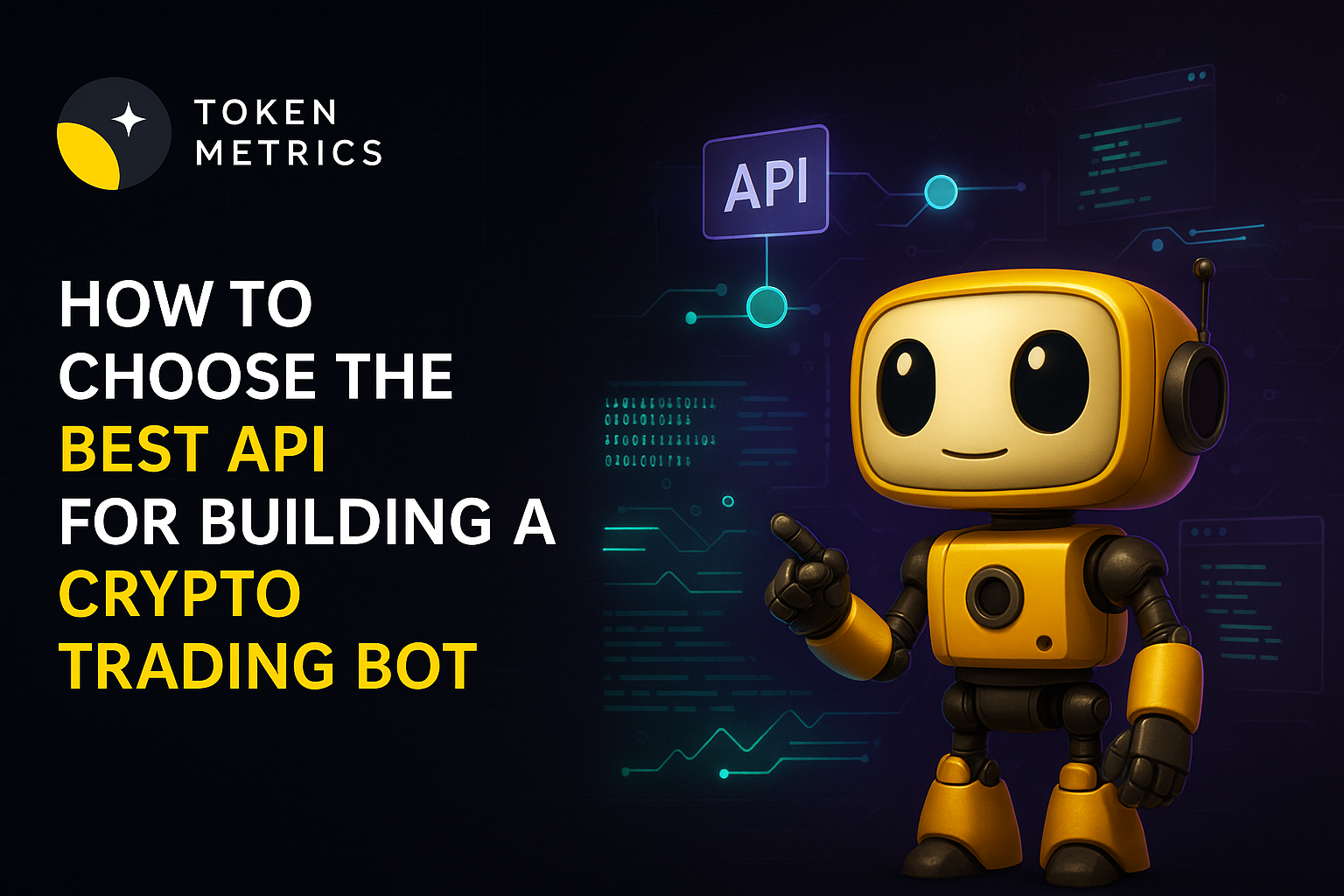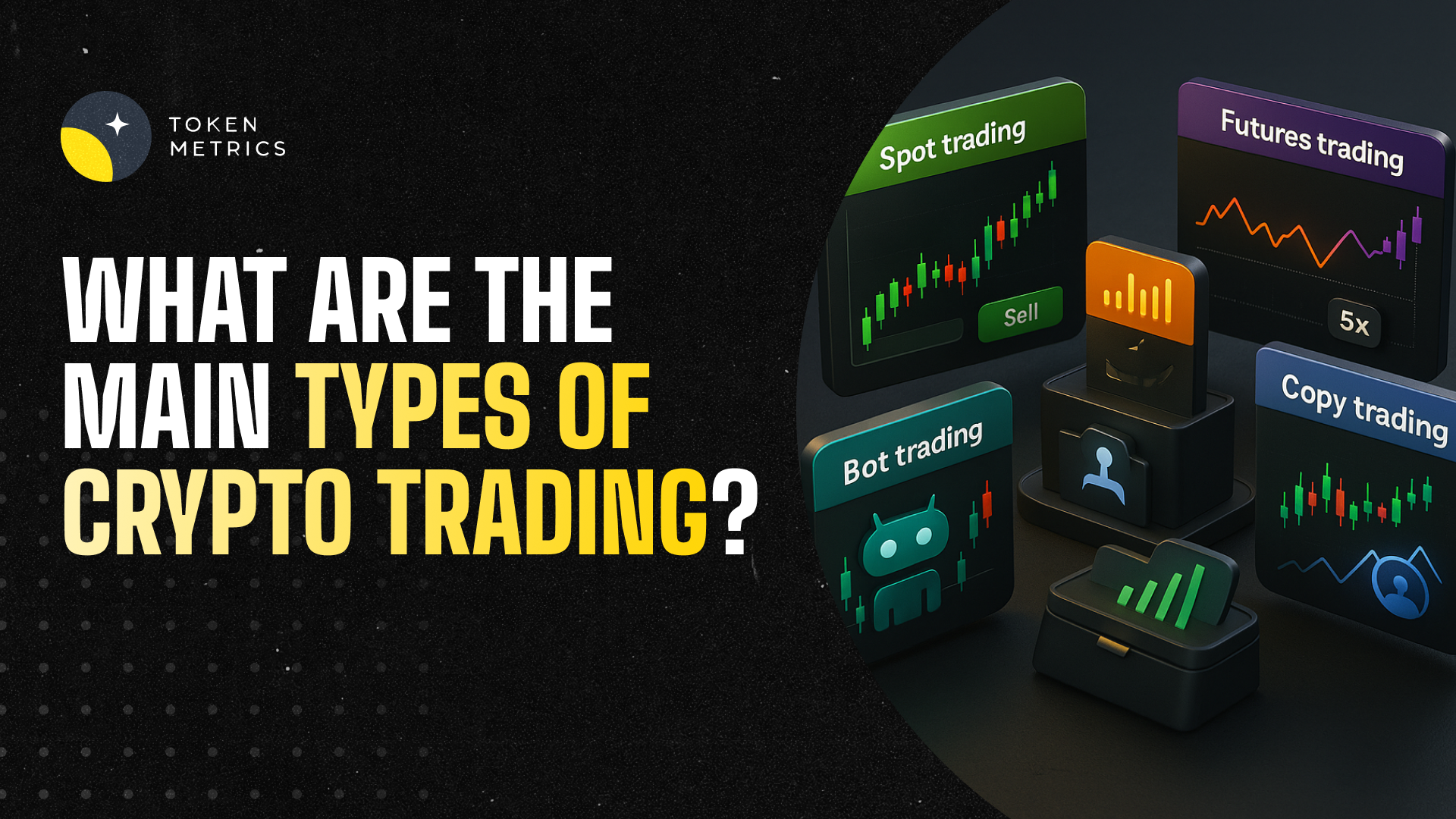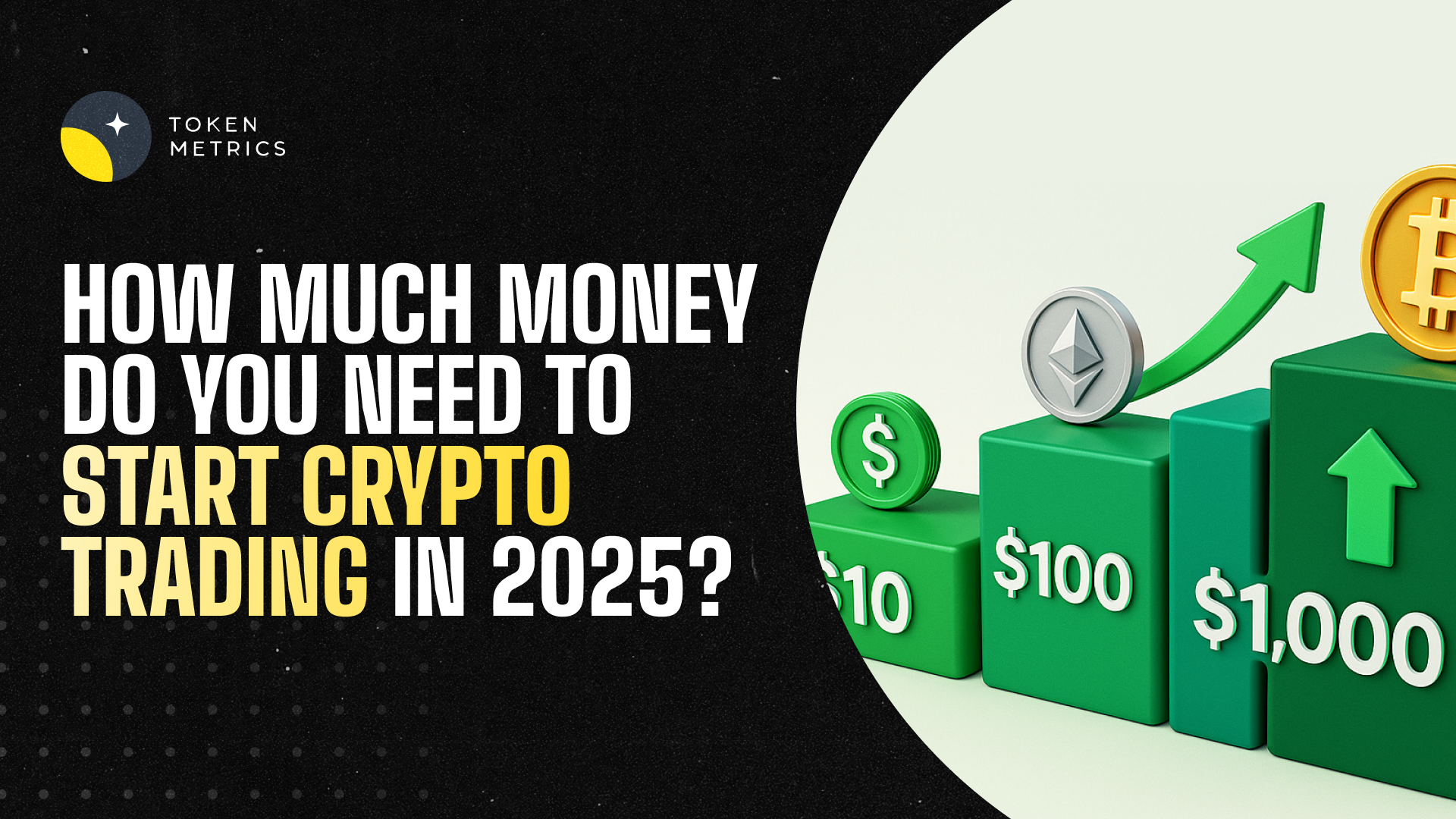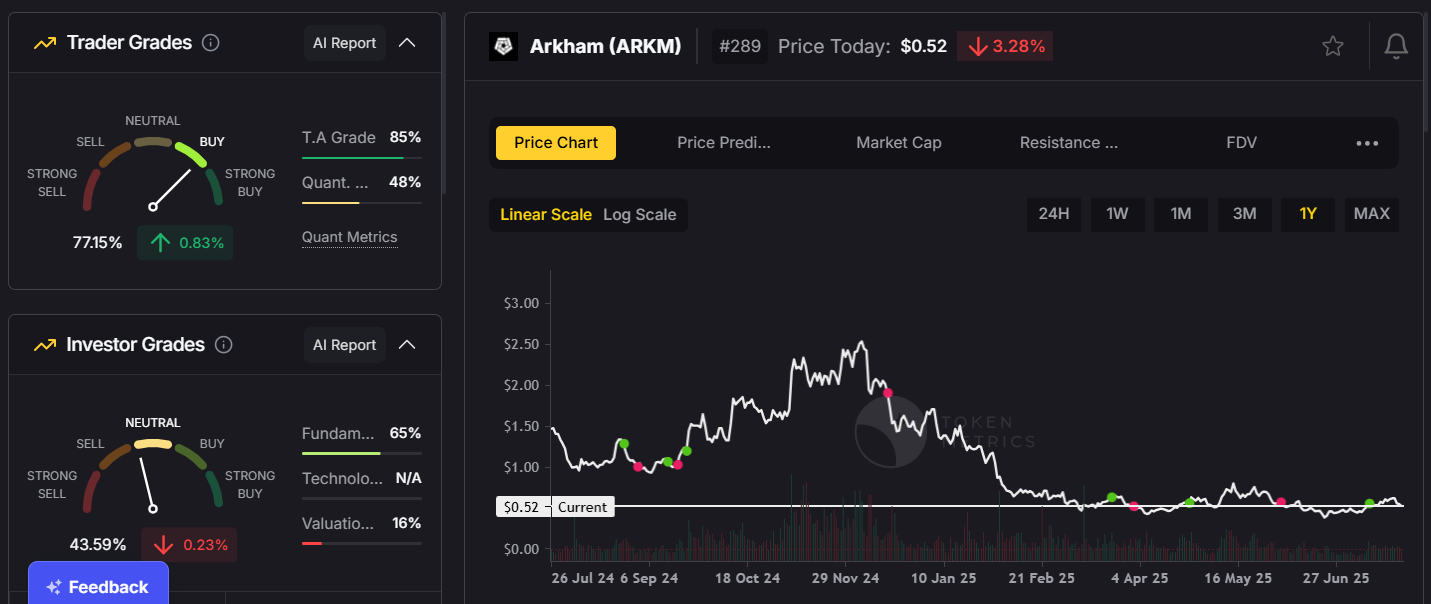How to Choose the Best API for Building a Crypto Trading Bot

Building a crypto trading bot can unlock efficiencies, automate trading strategies, and enable real-time market engagement across digital asset exchanges. But at the heart of any successful crypto trading bot lies its API connection: the bridge enabling programmatic access to price data, trading actions, and analytics. With so many API options on the market—each offering various data sources, trading permissions, and strengths—developers and quants are left wondering: which API is best for constructing a robust crypto trading bot?
Understanding Crypto Trading Bot APIs
APIs (Application Programming Interfaces) are standardized sets of protocols enabling different software components to communicate. For crypto trading bots, APIs are crucial for tasks such as:
- Pulling real-time price data from exchanges or aggregators
- Placing buy/sell orders automatically
- Accessing market depth, liquidity, or order book snapshots
- Aggregating analytics and technical indicators
- Monitoring blockchain data for signals (on-chain analytics)
Crypto APIs generally fall into these categories:
- Exchange APIs – Provided by major crypto exchanges (Binance, Coinbase, Kraken, etc.), allowing direct trading and market data for assets listed on their platforms.
- Aggregator/Data APIs – Offer consolidated data, analytics, or signals from multiple sources. Examples include Token Metrics, CoinGecko, and CryptoCompare.
- AI/Analytics APIs – Deliver algorithm-driven insights, risk metrics, or strategy outputs, sometimes integrating with AI models for decision support.
Choosing the ideal API is a technical decision based on performance, reliability, security, and data depth. Additionally, the needs—whether you want to simply automate trades, employ AI-driven signals, or monitor on-chain transactions—will guide your search.
Key Criteria for Comparing Crypto Trading APIs
Not all APIs are alike. The following framework can help you evaluate which API best fits your bot-building goals:
- Data Coverage & Depth: Does the API cover all markets/exchanges you wish to trade? Does it offer historical data, tick-by-tick feeds, and altcoin coverage?
- Order Execution Capabilities: Can you place, cancel, and track trades via the API? Are there specific rate limits, latency, or order-type constraints (e.g., limit/market orders only)?
- Reliability & Uptime: Is there a stated SLA? How does the API provider handle outages and updates?
- Latency & Speed: For high-frequency trading, milliseconds count. Look for benchmarks, as well as websocket or streaming API options.
- Security & Authentication: Are API keys securely managed? Is there multi-factor authentication or IP whitelisting?
- Developer Experience: Is documentation clear? Are there SDKs or sample code? How responsive is support if issues arise?
- Pricing & Limits: Does the provider charge per call or via monthly plans? Are there limits on requests or data volume?
- Advanced Signals & AI Integration: Does the API offer advanced analytics, trading signals, or AI-powered insights to inform trading strategies beyond raw data?
- Compliance & Access: Is the API compliant with regional regulations and accessible from your preferred jurisdiction?
By rating APIs against these metrics, developers can objectively compare offerings to their specific use case—whether driving a simple DCA (dollar-cost averaging) bot, a multi-exchange arbitrage system, or an AI-powered trading agent.
Popular APIs for Crypto Trading Bots
Here’s a rundown of leading API options for different crypto trading bot needs:
- Binance API: One of the most widely used exchange APIs, with extensive documentation, broad asset coverage, and support for spot, margin, and futures trading. Offers REST and websocket connections for real-time data.
- Coinbase Advanced Trade API: Ideal for U.S.-based traders needing secure, regulated exchange access. Includes a robust developer platform, security features, and REST/websocket endpoints. Slightly fewer markets than global exchanges.
- Kraken API: Famed for security and fiat gateways, appropriate for high-volume or institutional bots. Advanced order types and solid uptime metrics.
- Token Metrics API: An aggregator and analytics API featuring real-time prices, trading signals, on-chain data, and AI-powered analytics—allowing bots to react not just to market moves, but also to deeper sentiment and trend indicators.
- CoinGecko, CryptoCompare APIs: Market data aggregators providing prices, volumes, historical data, and some basic analytics. Excellent for multi-exchange monitoring or research bots.
- CCXT: Not a data provider API, but a powerful open-source library supporting connectivity to 100+ crypto exchange APIs with unified syntax; ideal for developers wanting plug-and-play multi-exchange integration.
Which option is ‘best’ depends on your priorities. Exchange APIs offer full trade functionality but are limited to a single trading venue. Aggregator APIs like Token Metrics provide broader data and analytics but may not place trades directly. Some advanced APIs merge both, offering signals and price feeds for smarter automation.
How AI-Driven APIs Are Changing Crypto Bot Development
The intersection of AI and crypto APIs is reshaping modern trading bots. APIs like Token Metrics provide not just price and volume data, but also AI-generated trading signals, market sentiment scoring, risk analytics, and pattern recognition.
Developers integrating AI-powered APIs benefit from:
- Proactive trading strategies based on predictive analytics
- Automated identification of anomalies or market shifts
- Differentiated edge versus bots relying solely on conventional signals
- Enhanced research insights for back-testing and validation
This future-proofs bots against rapidly evolving market dynamics—where speed, pattern recognition, and deep learning models can be decisive. Advanced APIs with on-chain metrics further enable bots to tap into otherwise hidden flows and activities, informing smarter actions and portfolio risk adjustments.
Practical Steps for Selecting and Using a Crypto API
To select and adopt the right API for your trading bot project, consider the following action plan:
- Define Your Bot’s Objective – Is your focus automation, arbitrage, AI-driven trading, or portfolio reporting?
- Shortlist APIs – Based on your priority list, select APIs with suitable capabilities (direct trading, data, analytics, etc.).
- Test API Reliability and Data – Run pilot integrations. Monitor uptime, latency, accuracy, and response to simulated conditions.
- Assess Security – Implement secure key management, restrict permissions, enable IP whitelisting, and review audit logs regularly.
- Review Compliance – Ensure the API provider’s terms comply with your local laws and exchange policies.
- Iterate and Scale – Refine bot logic and expand API integrations as your strategies mature.
Combining real-time data with analytics and AI-powered signals from robust APIs positions developers to build more intelligent, adaptive crypto trading bots.
Build Smarter Crypto Apps & AI Agents with Token Metrics
Token Metrics provides real-time prices, trading signals, and on-chain insights all from one powerful API. Grab a Free API Key
Frequently Asked Questions
What are the most widely used APIs for crypto trading bots?
Popular APIs include the Binance API, Coinbase Advanced Trade API, Kraken API for direct exchange access, CCXT library for multi-exchange programming, and analytics-focused APIs like Token Metrics for real-time signals and advanced data.
Should I use open-source or commercial APIs for my crypto trading bot?
Open-source libraries offer flexibility and community support, often useful for prototyping or integrating across exchanges. Commercial APIs may provide faster data, enhanced security, proprietary analytics, and dedicated support—suitable for more advanced or enterprise-grade bots.
How do I keep my crypto API keys secure?
Keep keys private (env variables, key vaults), restrict permissions, use IP whitelisting and two-factor authentication where available, and monitor for suspicious API activity. Never expose keys in public code repositories.
Why does API latency matter in trading bots?
High latency can translate to missed trades, slippage, and lower performance, especially for bots executing frequent or time-sensitive strategies. Opt for APIs with low latency, real-time websockets, and server locations close to major exchanges when timing is critical.
Can I use AI-powered signals with my crypto trading bot?
Yes. APIs like Token Metrics offer AI-powered analytics and trading signals that can be consumed by bots for automated or semi-automated strategies, supporting smarter decision-making without manual intervention.
Disclaimer
This blog post is for informational and educational purposes only. It does not constitute investment advice, recommendations, or offer to buy/sell any financial instruments. Readers should conduct their own research and comply with all applicable regulations before using any APIs or trading tools mentioned.
Create Your Free Token Metrics Account

.png)




%201.svg)
%201.svg)


%201.svg)















.svg)




.png)